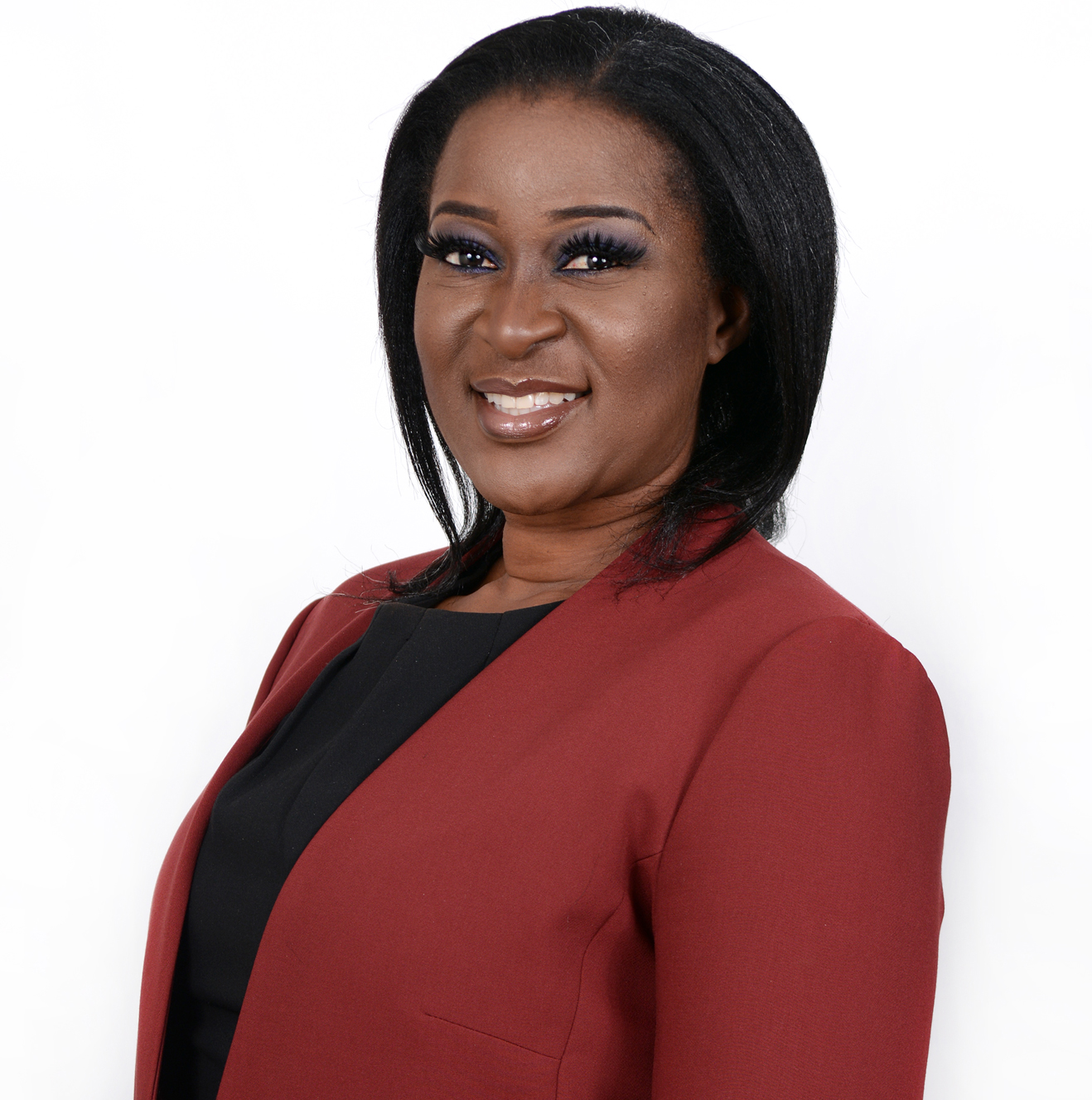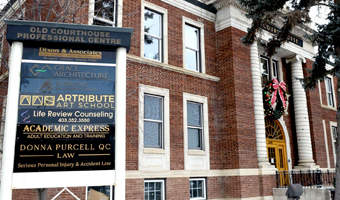Wills & Estates
Essential Estate Planning
We work with you to assess your needs and goals and prepare you for illness, incapacity or end-of-life. With a will, power of attorney, and personal directive, you have the peace of mind that everything will be handled according to your wishes. Book your appointment now, either in person or virtually.
Book Your Appointment Now
IT'S EASY TO WORK WITH US
Our team is dedicated to providing personalized legal solutions that meet the unique needs of each client. We build strong relationships with our clients based on trust, communication, and a commitment to achieving your goals.
Book Your Appointment Now
Schedule an Appointment Initial
Initial consultation can be virtual or in-person

Setup Your File
If we are a good fit to work together, we have a quick intake process before we can get started

Review and Planning
Meet in-person or virtually with us to review needs and options

Draft Your Documents
We produce initial drafts of all documents to review and finalize with you before signing
Our Team of Experienced Lawyers
FREQUENTLY ASKED QUESTIONS
* This information is not legal advice and should not be relied on without speaking to a lawyer.
A Will is a document used upon your death that outlines your wishes about:
- Who gets your assets (e.g. money, houses, vehicles, insurance, and personal belongings),
- Who will be the guardian for any minor children,
- Who will care for your pets, and
- Cremations, burial, and organ donation.
The person who makes the Will (you) is called the “Testator.” The person you choose to carry out your wishes in your Will is called the “Executor or Personal Representative.” The people who receive your assets under your Will are called “Beneficiaries.”
You can meet with us in person or virtually via Zoom – it’s your choice. Whatever you choose, we will adjust to meet your needs and comfort level.
If you have children or dependents under 18 years of age, you will need to consider who will take care of them when you pass. This person is called a ‘Guardian.’
The Guardian uses money from your Estate to care for your children until they are adults. By law, you must provide a child or other dependent with adequate maintenance and support in your Will or through insurance/joint property ownership/registered accounts. If you do not, a claim can be made against your Estate to support your children/dependents. This may result in extra costs to the Estate and delay the administration of your Estate.
Once they are adults, your children/dependents can receive their share of your Estate or it can be delayed until an older age. You will need to decide if they get their share all at once or if it will be paid out over time.
A Power of Attorney (POA) allows you to choose someone to manage your money and make financial decisions for you while you are alive.
A POA is useful if:
- You become injured or ill and cannot manage your finances yourself, or
- You frequently travel outside the country.
You can decide when the POA comes into effect and how long it will last.
The person you choose to make financial decisions for you in your POA is called your “Attorney.” Your Attorney must be over 18 years of age and should:
- Be someone you trust,
- Have a good understanding of finances,
- Have a history of making responsible financial decisions for themselves,
- Ideally, live in Alberta, and
- Be willing to take on the responsibility of being your Attorney.
We work hard to make our pricing competitive and transparent. Our website outlines our typical fees for straightforward estates. For more complicated estates, we will provide you with a no-obligation estimate at the end of your first meeting.
There are many factors that make estate planning more complicated, including:
- A large estate
- A complex estate (farming assets, family-owned businesses, etc.)
- Adult disabled dependents
Keep in mind that complicated estates are also much harder and more expensive to deal with without a Will. This makes any additional costs for your Estate planning documents well worth it in the long run.
Many of us feel that our pets are a part of the family, and we want to be sure they are taken care of. In your Will you can give your pet to a trusted person along with a monetary gift to help them care for your pet.
You can also include care instructions for your pet in your Power of Attorney and/or your Personal Directive. If you become ill or unable to care for your pet, this ensures they will be well taken care of.
We make planning for life’s changes and challenges simple:
- Click Book Now or call us at 1-833- DPQCLAW to book a virtual or in person appointment.
- We’ll email you a brief Intake Form to complete before your appointment. This helps us make your appointment more valuable to you. Complete the form online or call us and we’ll go through it with you.
- At your appointment we learn more about you and your wishes and help you understand your options and costs.
- If you wish to move forward, we start drafting your documents for you to review.
- Once you are satisfied, we meet one last time to sign all your documents. Your documents are now legally enforceable! You can rest easy knowing your loved ones are taken care of.
By law, you must provide dependents with adequate maintenance and support. In this context, spouses are considered dependents. As such, you must make plans to support your spouse. This can be done through your Will, through insurance, joint ownership of property, or registered accounts that name your spouse as beneficiary.
If you do not provide adequate support and maintenance, a claim can be made against your Estate to support your spouse. This may result in extra costs to the Estate and delay the administration of your Estate.
When you die your Executor is responsible for administering your Estate. This means they are responsible for paying your debts, selling assets, filing taxes, and following your wishes in your Will, including passing on your gifts to your charities or other beneficiaries. Best practice is to name one or two Executors as well as a back-up Executor(s) in case one or both of your Executors is unable or unwilling to act.
Administering an Estate can be complicated and time consuming, so your Executor(s) should be someone who:
- You trust,
- Is good with money,
- Is organized,
- Is reliable,
- Is willing and able to commit their time and energy to administering your Estate,
- Is over 18 years of age, and
- Is, ideally, younger than you and less likely to predecease you.
Your Executor can be a close relative, including a child, or friend, as long as they meet the criteria above.
If your Estate is complicated, you might consider having more than one Executor to help share the work. In this case, be sure the two Executors can work well together. Another option is to name Institutional Executors.
Also, be careful when appointing Executors who live outside of Alberta. It may be more complicated, time consuming, and expensive for them to administer your Estate. It can also increase costs for the Estate leaving less for your beneficiaries.
A Personal Directive (PD) lets you choose someone (called your “Agent”) to make personal decisions for you while you are alive. The PD only comes into effect if someone, typically a doctor, declares that you are unable to make personal decisions for yourself. You can also allow your Agent to declare that you are unable to make personal decisions after consulting a doctor.
Personal decisions can include:
- Starting or stopping medical treatments or surgical procedures including end of life care (but not assisted suicide),
- Where and who you live with,
- Who will care for any minor children, and
- Personal activities (employment, recreation etc.)
- All other decisions of a non-financial nature
In your PD you can give specific instructions about these personal decisions to your Agent.
You can choose one or more Agents to make personal decisions for you. Your Agent(s) must be over 18 years of age and should be:
- Someone you trust,
- Someone who can make good decisions in stressful situations,
- Someone who can uphold your wishes, and
- Be willing to take on the responsibility of being your Agent.
The short answer is, it’s up to you. Whether and how much to pay your executor will depend on several things, including:
- The value of the Estate,
- The type of Assets,
- How much time is spent doing various tasks, and
- How complicated the Estate is.
If the Will does not include anything about paying the Executor, the Executor can always make a claim for payment. Any compensation paid to the Executor is taxable.
For any child/dependent under 18 years, whether they have a disability or not, you will need to consider who will take care of them when you pass. This person is called a ‘Guardian.’ Usually that person will be the other parent of the child, but if that person has predeceased you or is inappropriate for some other reason, you can name an alternate Guardian. The Guardian may be entitled to use money from your Estate to care for your children/dependents until they are adults.
If you have a child/dependent who is 18 years old or older and is unable to support themselves because of a disability, you can state in your Will who you wish to be that child’s Guardian. Upon your demise, an application can be made to the Court to appoint a Guardian for your adult child if that has not been done already. Your wishes would be taken into account by the Court.
In either situation, by law, you must provide a dependent with adequate financial maintenance and support. If you do not, a claim may be made against your Estate to support your minor child or adult dependent child. This may delay the administration of your Estate and result in extra unanticipated costs.
During your first appointment we will discuss your options to help you make the best choice for you and your child(ren).
Read the latest news from our firm
Read Our BlogBook A Consultation Call with OUR Legal Team
Talk to a member of the Donna Purcell QC Law team to learn more about our services.
Virtual Consultation
Both you and your lawyer will meet virtually for your initial consultation.
Book Consultation >Hybrid Consultation
Your lawyer will join the initial consultation remotely while you are welcomed in person in our Red Deer office.
Book Consultation >In Person Consultation - Red Deer
Both you and your lawyer will meet in person in our Red Deer office for your initial consultation.
Book Consultation >In Person Consultation - Calgary
Both you and your lawyer will meet in person in our Calgary office for your initial consultation.
Book Consultation >











